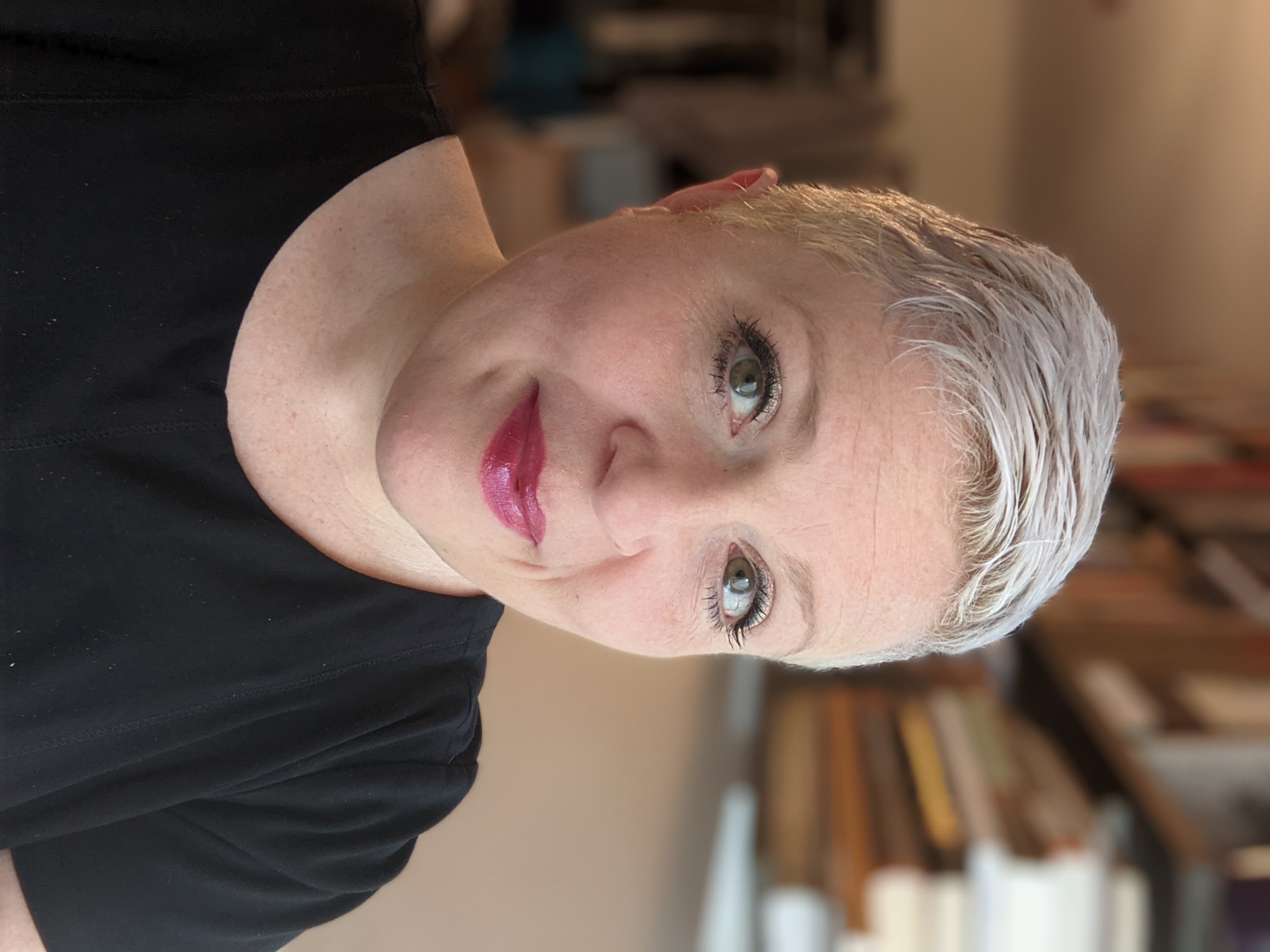"Jeremy Bentham's Queer Enlightenment"
Jeremy Bentham has often been derided as a pragmatist who turned away from the philosophical principles of Enlightenment in favor of incrementalist bureaucratic reformism. Drawing on his private manuscripts on sexual nonconformity, this talk argues that Bentham’s radical egalitarianism, rigorous empiricism, and critique of theocracy were the result of his extensive legal manuscripts on sexual liberty. Using sexual irregularity as a test-case for law, theology, aesthetics, ethics, and phenomenology, Bentham sought to reform Enlightenment thought of the hypocrisies of slavery, colonialism, and the oppression of gender and sexual minorities.
Series Description
Cultural Studies has often been framed as a method of approach, a way of understanding and interpreting the relationship between cultural narratives and social and political institutions with particular attention to questions of power and resistance. The past few decades have seen several challenges to this method, from the new materialist critique of the linguistic turn to post-critical and auto-theoretical emphases on aesthetics, affect, and memoir. These movements have been especially central to work in queer studies and queer of color critique, most centrally expressed in Eve Kosofsky Sedgwick’s complaint about the stultifying sameness of approach in queer theoretical writing and its mistaken fidelity to exposure and persuasion as activist modes. These challenges have broadened the scope of humanities research, taking in archives formerly left to the sciences and modes of thought once considered too creative to count as academic arguments. The resulting profusion of subjects and styles reflects the robustness of our field in a way often overlooked by the so-called method wars.
This year, Culture Nights seeks to celebrate and enrich our work on how we write and what we write about with a series of meetings that push us beyond the form of scholarly writing. How can we understand these forms as producing criticism, and what sort of criticism do they produce? Our series invites scholars whose works have taken the form of films, pamphlets, and how-to books, archival and visual curation, plastic and fabric art practices, and event-creation, to discuss how (and whether!) they see their work as forms of criticism. As a way of putting our interests into practice, we will encourage presentations that experiment with form and media, including film screenings, interviews, readings, and collaborative workshops.


